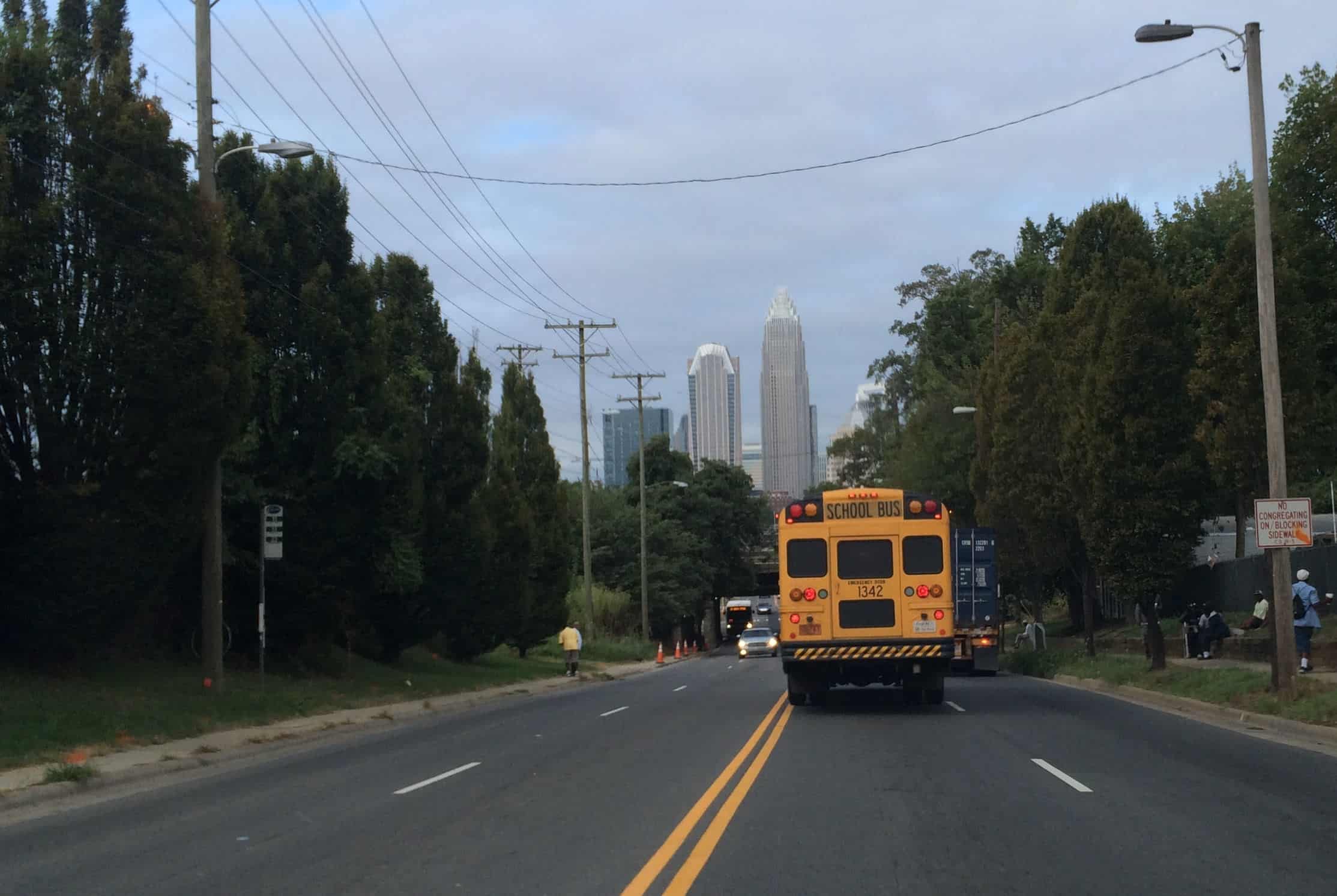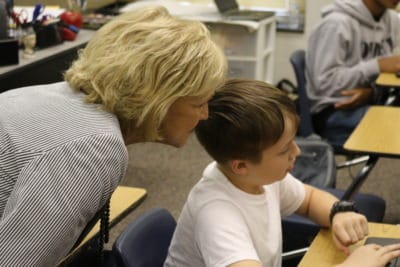I was born just three years before the landmark Swann v. Charlotte-Mecklenburg decision. I was bused from downtown Charlotte out to McClintock Middle School and then East Mecklenburg High School. As I grew up, never did I think that 45 years after the Swann decision, Charlotte would continue to struggle with race, poverty, and education.
Even in the throes of desegregation, many of the students on the bus with me weren’t in my classes. When I asked why, the answer was tracking. Some go to college, others don’t.
Othering. It is the root cause of so many of the issues my city is still struggling with half a century later.
Recently, Professor Rebecca Hite, a former North Carolina teacher, wrote an article, “North Carolina’s growing racial divide: The need for championing policies of integration over desegregation.”
“Despite great strides in economic progress,” Hite writes, “the long shadow of Jim-Crow era discrimination and race continues to cast a pallor on our state. This racial divide may be readily found in our congressional districts, our cities, our neighborhoods, and in our local public schools.”
Yesterday, a community conversation was scheduled to be held in Charlotte at the Levine Museum of the New South to connect the past, present, and future of the Swann case, and it’s impact on our students and our schools, on our Queen city and our state. It was cancelled. A state of emergency was declared.
As I drove into Charlotte for the conversation, I was behind a school bus. The city buildings, an iconic sign of Southern economic progress, framed my view. Folks were sitting on a stone wall. And I noticed a sign, “No congregating on/blocking sidewalk.” Those signs aren’t posted in the neighborhood I grew up in.
As I travel around North Carolina, I see the state that I love fracturing along every dividing line you can imagine: race to be sure, but also sexual orientation, rich and poor, old and young, urban and rural, conservative and liberal. For as many of us that start our sentences with y’all, there are now those that start their sentences with youse.
Us and them doesn’t work.
The events in Charlotte this week should be a powerful reminder to all of us that this state will not be a leader among the states of our nation in the 21st century if we do not embrace our interdependence, if we do not eradicate othering from the fabric of our society.
Reach out today and tomorrow across some line of difference in your life, and let’s work together to build a state all of our children will want to call home.
The motto of the elementary school I attended, Irwin Elementary in Charlotte, North Carolina, was living, loving, learning together. It’s time.



